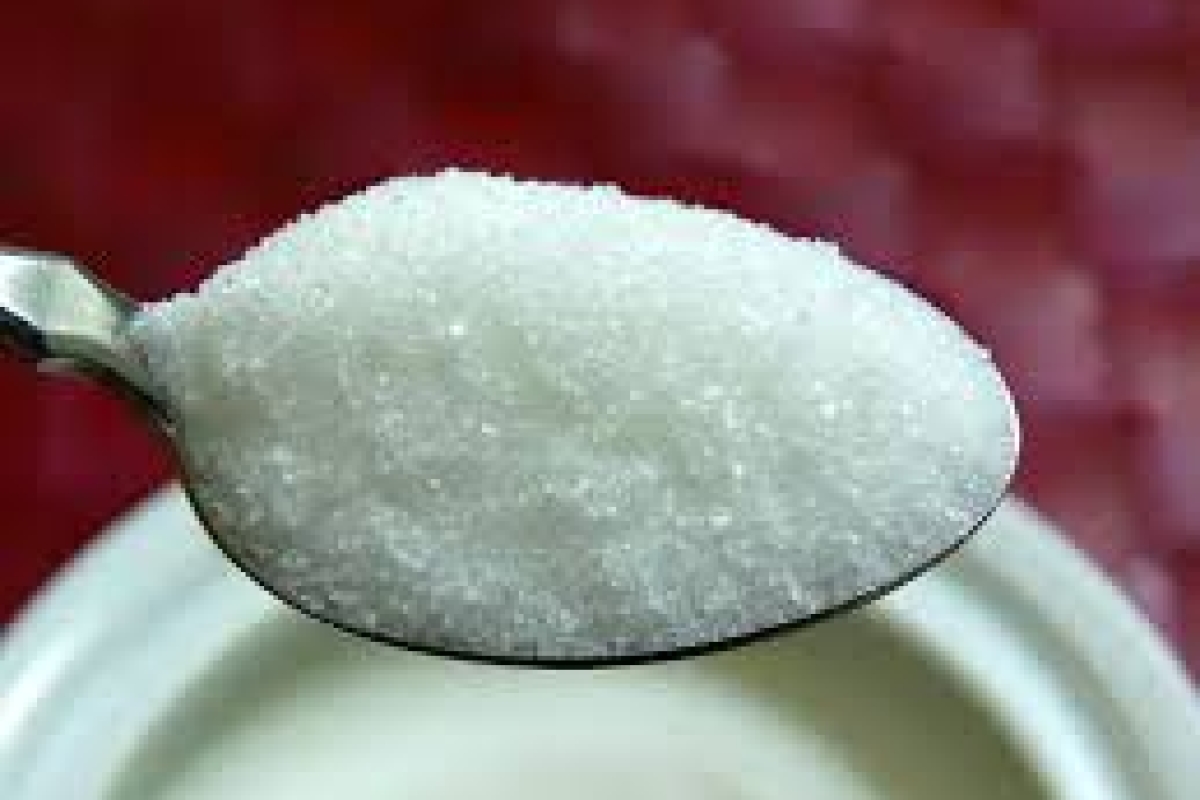This Bengaluru vegetable shop photo has sent netizens into a frenzy.

Sugar — the source of many modern-day ailments — needs to be consumed carefully. But can sugar, known to increase the risk of diabetes, also affect hormonal health? If social media claims are to go by, 75 grams of sugar decreases testosterone by 25 per cent for up to two hours after consumption. “Junk food is literally making you less of a man,” a post from Masculine Soul’s Instagram page read.
Wait, what? We had to get this verified by experts. Find out what they said.
Testosterone is a crucial hormone in men responsible for various functions, including developing male reproductive tissues and maintaining muscle mass and bone density. “Low levels of testosterone are linked to loss of bone density and fractures,” said Dr Surabhi Siddhartha, consultant obstetrician and gynaecologist, Motherhood Hospital, Kharghar.
So sugar affects testosterone?
“Any significant decline in testosterone levels can potentially impact fertility,” said Dr Bhavna Banga, clinical director, reproductive medicine and IVF, Cloudnine Group of Hospitals, Noida and Kailash Colony.
While there is evidence linkingexcessive sugar intake to various health issues, including potential impacts on testosterone levels, the specific claim may need to be analysed further to determine its accuracy, exclaimed Dr Banga.
Regarding the relationship between sugar consumption and testosterone levels, Dr Banga shared that research suggests that excessive sugar intake may indeed have adverse effects on hormone levels, including testosterone.
Several mechanisms could contribute to hormonal imbalances
Insulin resistance: High sugar consumption can lead to insulin resistance, a condition where cells become less responsive to insulin. This can disrupt hormone regulation, potentially affecting testosterone production, said Dr Banga.
Increased fat storage: Excess sugar can contribute to weight gain and increased body fat, particularly around the abdomen. “Higher body fat levels are associated with lower testosterone levels,” said Dr Banga.
Inflammation: Sugar consumption can promote inflamation in the body, which may interfere with hormone production and regulation.
Leptin resistance: Leptin is a hormone that regulates appetite and metabolism. “High sugar intake can lead to leptin resistance, which may indirectly impact testosterone levels,” said Dr Banga.






.jpeg)














